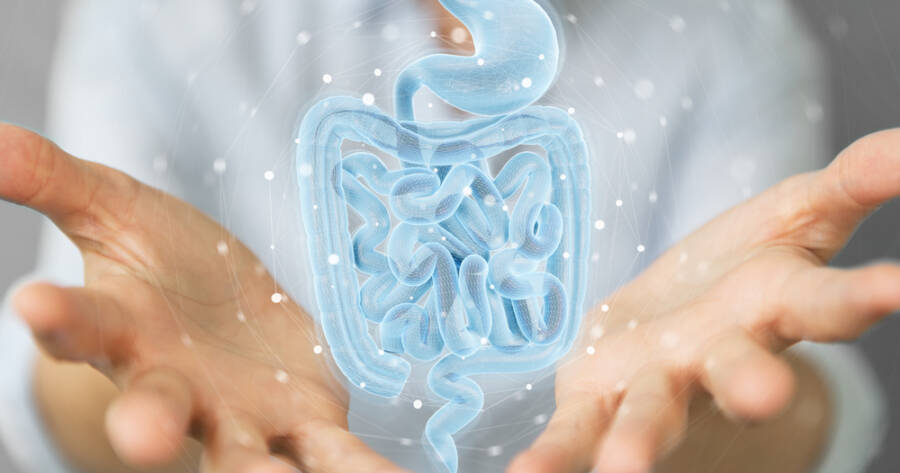Unravel Crohn’s mysteries. Discover cutting-edge treatments, holistic therapies, and dietary strategies. Empower your journey to well-being and find relief today.
What is Crohn’s Disease?
Crohn’s disease is a chronic inflammatory bowel disease (IBD) that can affect any part of the digestive tract, from the mouth to the anus. It is a relapsing and remitting condition, meaning that periods of active inflammation (flares) alternate with periods of remission (when symptoms improve or disappear).
The exact cause of Crohn’s disease is unknown, but it is thought to be related to a combination of genetic, environmental, and immune system factors. It is more common in people who have a family history of the disease, and it is also more likely to develop in people who smoke, are obese, or have a diet high in processed foods.1
Crohn’s disease can cause a wide range of symptoms, including abdominal pain, diarrhea, weight loss, fatigue, and fever. It can also lead to complications such as intestinal blockages, fistulas, and malnutrition.
How Crohn’s Disease Affects the Body
Crohn’s disease can affect any part of the digestive tract, but it most commonly affects the small intestine and colon. The inflammation caused by the disease can damage the lining of the digestive tract, leading to a variety of symptoms.
Some of the most common symptoms of Crohn’s disease include:
- Abdominal pain
- Diarrhea
- Weight loss
- Fatigue
- Fever
- Nausea and vomiting
- Rectal bleeding
- Perianal pain
Crohn’s disease can also lead to a number of complications, including:
- Intestinal blockages
- Fistulas
- Malnutrition
- Skin problems
- Eye problems
- Liver disease
- Kidney disease
Living With Crohn’s Disease
There is no cure for Crohn’s disease, but it can be managed with medication, diet, and lifestyle changes. Medications can help to reduce inflammation and control symptoms. A healthy diet can help to improve nutrition and reduce the risk of complications. And lifestyle changes, such as quitting smoking and exercising regularly, can help to improve overall health and well-being.2
People with Crohn’s disease can live full and active lives. With proper management, most people with the disease are able to control their symptoms and achieve remission.
Learn More About Crohn’s Disease
If you think you may have Crohn’s disease, it is important to see a doctor for diagnosis and treatment. There are a number of resources available to help you learn more about the disease and how to manage it.
- The Crohn’s & Colitis Foundation
- The National Institute of Diabetes and Digestive and Kidney Diseases
- The American Gastroenterological Association
